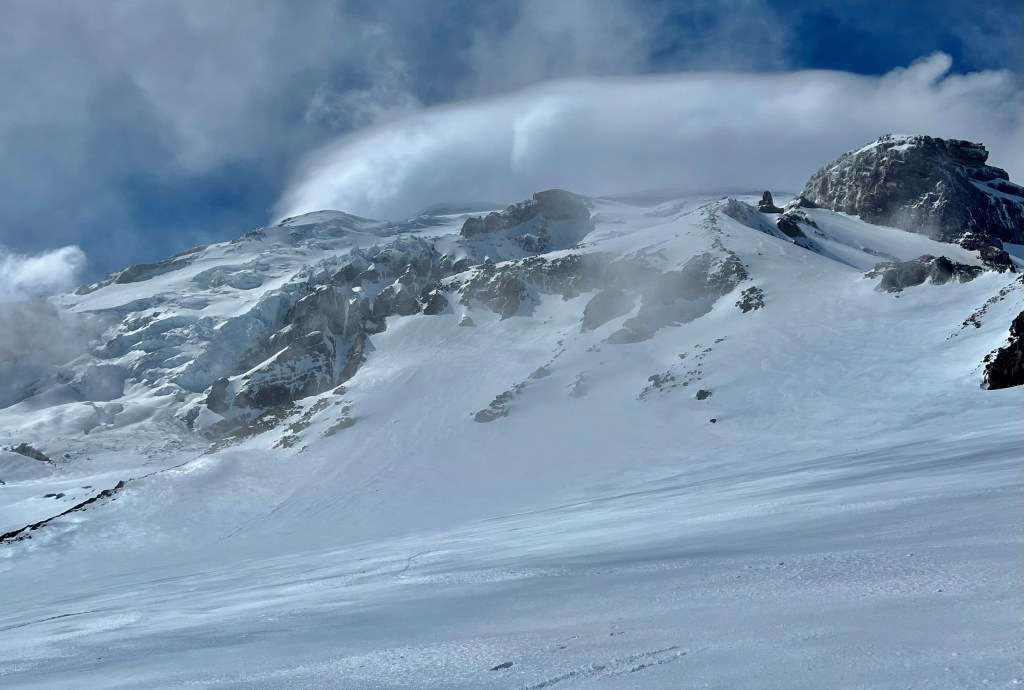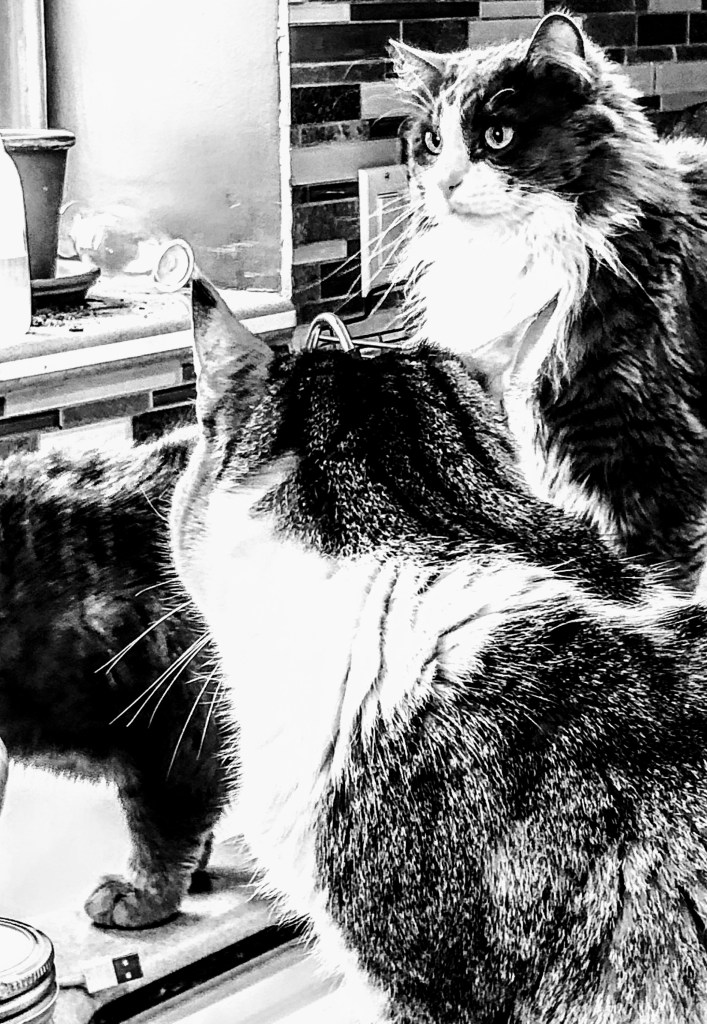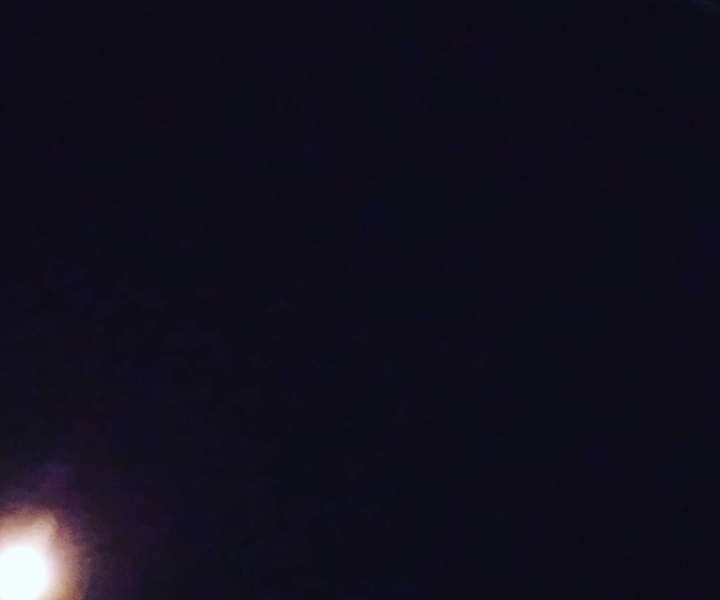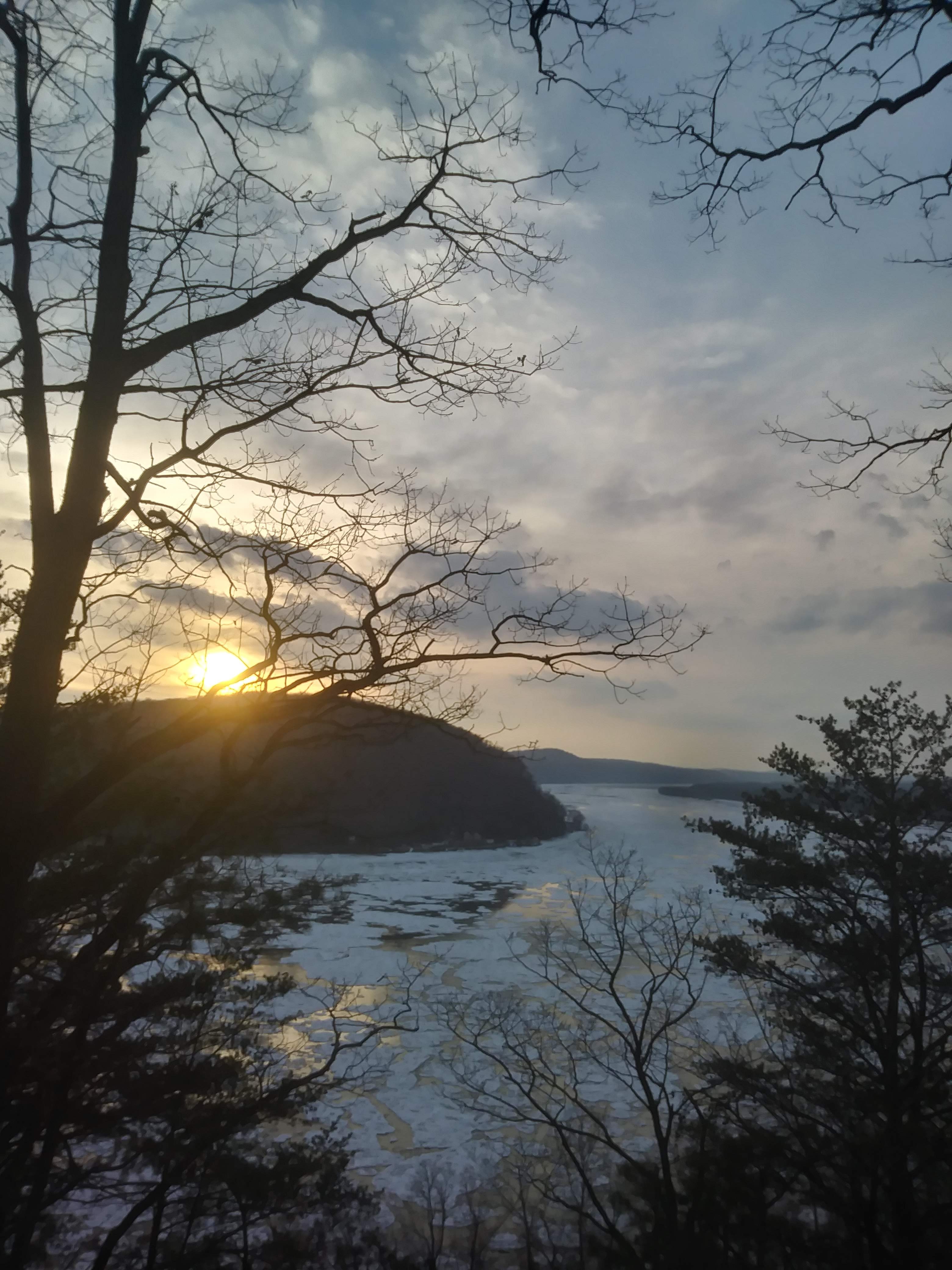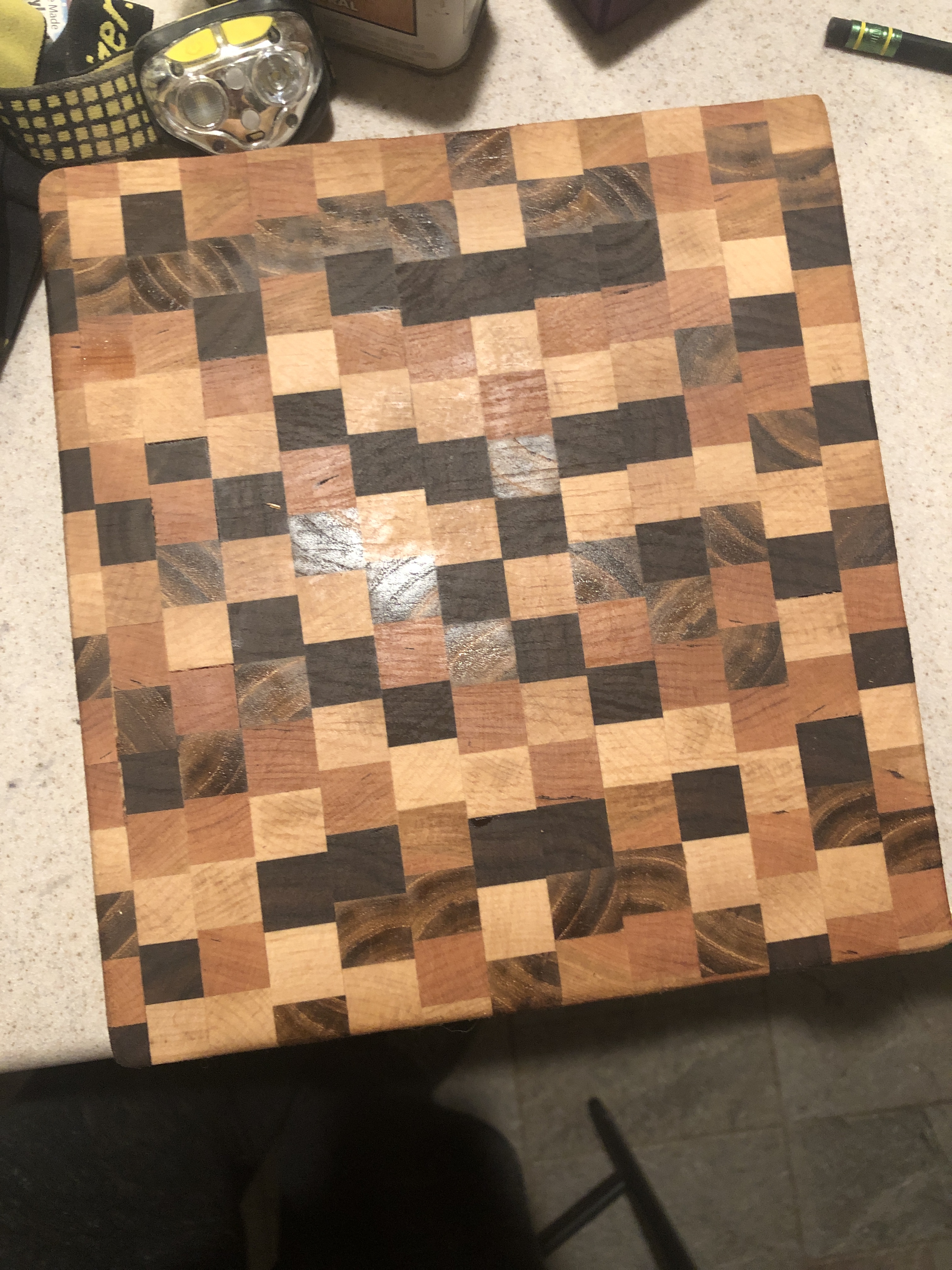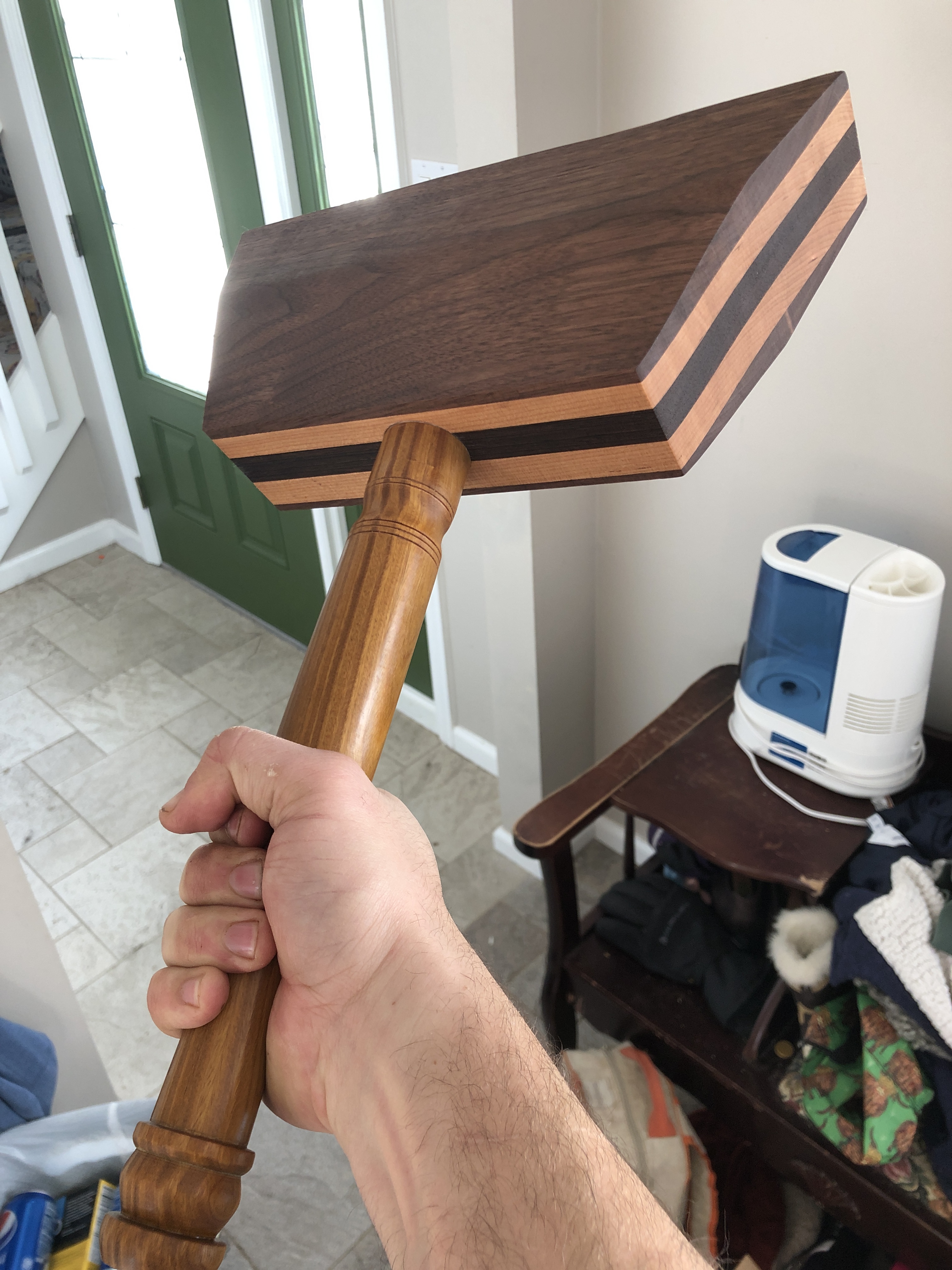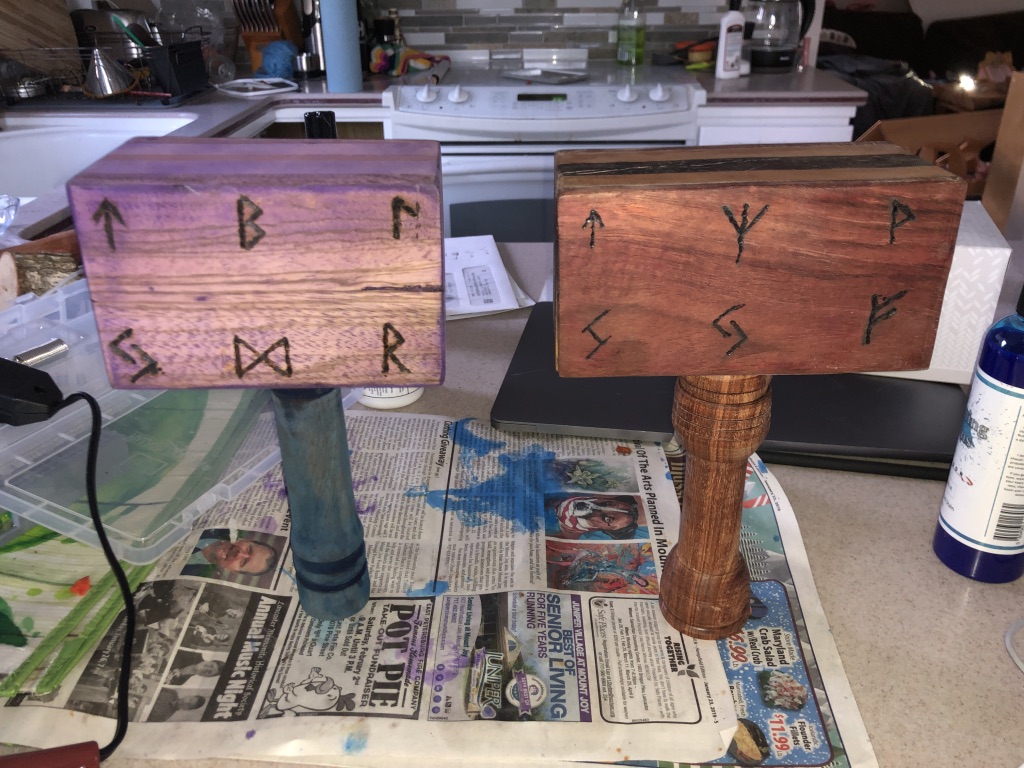A recent recurring theme in my life, dreams, and conversations lately has been the buffalo, or more accurately the American Bison. Obviously this project was spurred on by a story involving a buffalo (although this was the accurately named African Buffalo). But apart from that, I’ve had some memories and dreams come up featuring the buffalo as a key figure.
Most interestingly to me, was a memory of a concern I went to many years ago. I went to see possibly my favorite band, Built to Spill in concert. This wasn’t a terribly remarkable occurrence, as I tend to see them every time they tour within driving distance, and have on a number of occasions seen them two days in a row (at the Chameleon in Lancaster, and a venue in Philadelphia the next night). But one of those shows included an event that’s always stuck out in my mind.
I’ve played guitar off and on since I was around 13. And like most young musicians, soon reached the point where I could identify, and approximate the cost of any guitar and amp I happened across in the world. This isn’t a terribly entertaining hobby at a Built to Spill show, as Doug Martsch, the lead singer, has played the same guitar every time I’ve seen him, with the same reliable backup in the event of an issue. However, at this particular show I saw something interesting. One of the other guitarists, a man by the name of Brett Netson, was playing through a most peculiar amp.
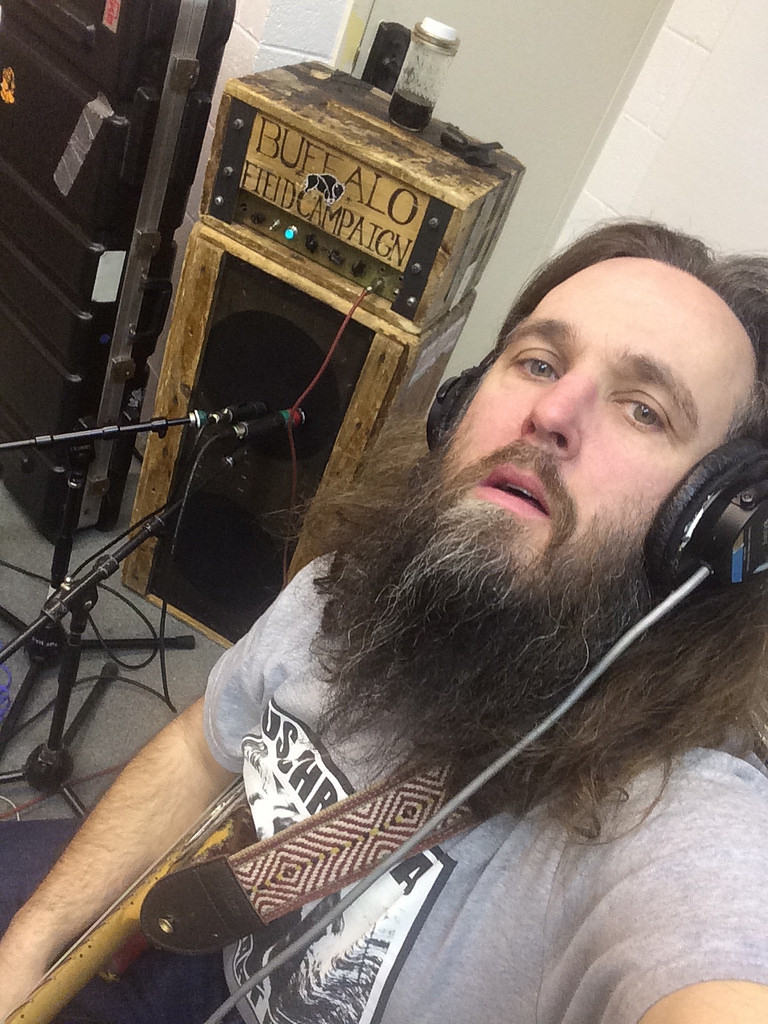
After the show was over, I did something pretty out of character for me at the time. I walked up to the stage as the band was breaking down their gear, and asked Brett about his amp. This was a little surprising, even in retrospect, as I had more than a little bit of social anxiety at that time in my life, however Brett was delightful to talk to. He and Jim Roth, the long time third guitarist in the band built the amp he was using together, from extra parts and tubes Jim had laying around. When they got it working, they realized that neither had any real plan for building the enclosure, so they found some random scrap wood, cut the upholstery off an old couch, and whipped something up. Once they were done, Brett decided to decorate the amp a bit with the name of a local charity he felt strongly about, The Buffalo Field Campaign.
This pattern lead to some research into the symbolism associated with buffalo. The first thing to note was the epic website I got the information from. Seriously, you owe it to yourself to look at this link. Anyway, the description of “Buffalo People” resonated with both Natasha and I. It was almost eerie to have an external source describe core parts of my behavior and personality so well.
An initial idea for this project was to write poetry with a common prompt. After talking about the idea of Buffalo people, and sharing stories of buffalo in our respective lives, we set forward to write our first prompted poems. Here they are, enjoy.
Buffalo
by Natasha
You rise at dawn. Your muscles are stiff. Your breath comes in puffs in the cold morning air; you shiver and stomp to wake up. You raise and lower your head, look around, scan the horizon, run your eyes along the thin line where land meets sky in the distance. The ground is frozen. It is hard as rock beneath your feet.
Beside you, your child is stirring. He nuzzles you with his cheek and presses against your warmth.
Above, the black vultures are circling, circling, always circling. You look up and blink against the sun. You worry. Something is not right.
Your people are moving around you, brushing against your shoulders and hips, bumping and pushing. You are shoved forward. Your child is beside you one moment; the next moment he is not.
There are bodies running, but you stand still. Steady as stone. You look for your son. You know his gait, the sound of his cry. You know you’ll spot him if you just stand still long enough.
And then you see them.
Shadows really, in the early morning light. Quick, dark shadows, moving unbelievably fast over the rough, uneven terrain. They move in a pack, but there’s one out in front, clearly in the lead. They’re in formation, running, running, always running.
That’s it. A half dozen maybe. The one in the front, a few more to the sides, some to the rear. Close now, you can hear them pant. They’re circling, circling, always circling.
Time stops. Everything slows. You see your people, stumbling, tripping, madly and blindly, running for safety. Their eyes are wild, their movements hunted.
The sound of their feet on the earth is thunderous, explosive. You can hear your own heart beating in your ears. It’s the sound of fear, of terror. Of love. Because then you see him. Your baby. On the edge of the herd. He is silent. Unmoving. His eyes look this way and that, but he is frozen, still standing and standing still. He is looking for you.
And so you go to him. Of course. Your body bursts into motion. You run, head down, focused, alert. You see the vultures above, circling, circling. You see the panting shadows circling, circling. You carve right through, like a bullet, like an arrow.
You reach him. You smell him. Your bodies connect and ease with the touch, with the ease of the touch even in this terrible moment.
The shadows are panting. Their teeth are remarkably sharp, their eyes remarkably clear. You know you are alone, you and your baby. You make small circles around him, circling, always circling. Your eyes are trained on the wolves.
In this moment you know you are the same. Both are hunter, and hunted. It is not clear who will win. Who will live and who will die. The shadows have babies too, at home you know, tucked away safe in their den. This is your den, the endless sea of sky, of grass. You know you are the same, but different, but the same.
You nuzzle your baby. You lick his sweet fuzzy cheek. You move.
They move too.
There is muscle against muscle, flesh against flesh. You shout “run!” in your language to your boy, and he does. You watch until he reaches the herd.
There is struggle. There is fight. There is the clear blue sky of the morning and the cold ground beneath your feet. There is your heartbeat keeping time. There is predator, and prey. There is love, and there is life.
Circling, circling, always circling.
I Am The Buffalo Man
by Phil
Long ago, we walked the wide plains,
We drank from the rivers and lakes,
We foraged, and pressed our way through the woods,
And we died, and returned to the earth.
There were many others,
Creatures great and small,
Cunning and cruel,
Peaceful and soft.
There was even man,
He watched us like the birds,
He hunted us like the wolf,
He lived in our shared world.
In all things, there lives a song,
The song of their lives,
And in all their songs was a piece of love, just for us.
And in our song, they each had a piece of love as well.
Even the wolf,
Even the man.
Then came the great destroyer,
The plight that ravaged our world,
And silenced many songs,
Without a song of its own.
Civilization, it is called.
But it is not civil,
It makes much noise,
But sings no song
Many things died under its relentless march,
Many bodies left on the ground,
Stripped of their skins,
And of their songs.
Some survived, and walk the land still,
Some believe many more ran into the mountain,
Waiting for the world to be ready to hear,
Waiting to bring their song back.
Some have gone to where the blight can’t see them,
Into the realm of spirit,
Finding souls who hear, and sing for all they know.
You can see them if you know how to look,
Gentle and strong, Patient and kind,
They bow to help carry your burdens,
Pushing ever forward, head down and shoulders broad.
With those, the buffalo still walks the earth free,
And they still sing,
Some quiet, some loud,
A song that loves all things
A song that loves you.
I know this to be true,
For I am a buffalo man.

